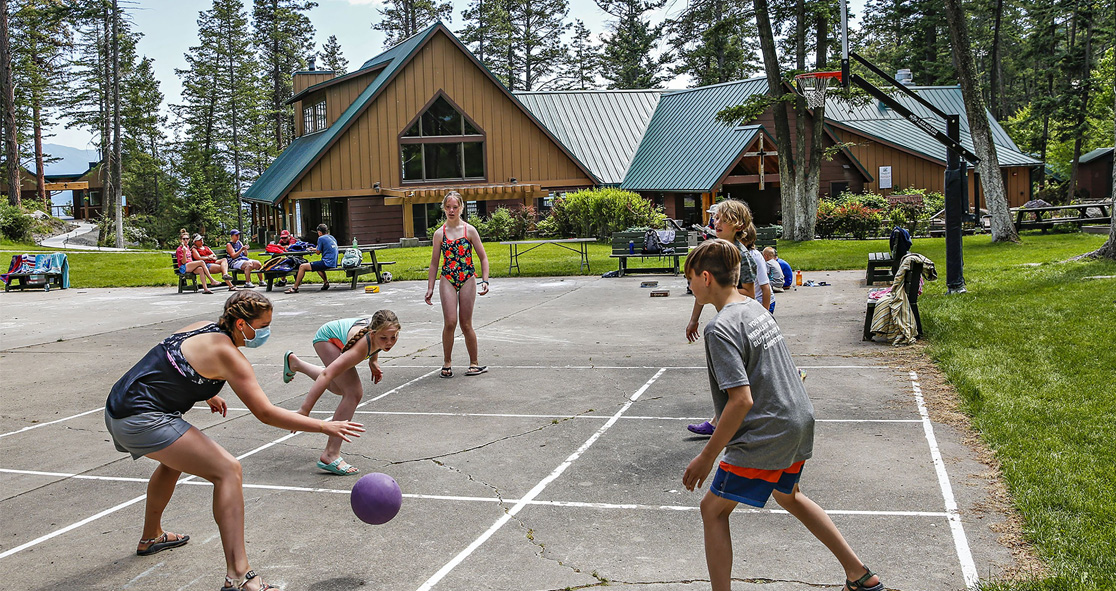A recent CDC report says that there was a substantial spread of COVID-19 in a ‘youth-centric overnight setting.’
Certain measures were taken by the campers and young staff to prevent COVID-19 spread like keeping children in a group based on the cabins, social distancing was followed while outside the cabins along with frequent cleaning done; however, these measures taken by the camp were insufficient to prevent the outbreak.
Masks were required only for the staff and not for the campers, according to the report.
Over 120 staff members and 138 people training for the staff positions attended the camp with the average age of staff and trainees being 17 years and the average age of the campus being 12 years. It was mandatory for all the camp participants to provide documentation of a negative COVID-19 test 12 days prior to the arrival.
However, a negative COVID-19 test would not guarantee no disease present in the camp and would not exclude the need to quarantine prior to coming, meaning the camp participants might have got the disease shortly before or after their tests.
During the camp, campers were involved in several indoor and outdoor activities including loud singing and cheering.
Two days after the arrival, one teen staff member developed chills, left the camp, and was tested positive for COVID-19 the next day.
Public health officials soon did investigation of the outbreak by collecting information on Georgia residents who tested positive between the arrival and within the 14 days of the departure from the camp.
Out of 597 camp attendees, 344 were evaluated, and of those, 260 people were tested positive for COVID-19, suggesting the attack rate of at least 44%.
Symptom information was available for 136 people and 26% of these were asymptomatic. The most common symptoms among symptomatic patients included fever, headache, and sore throat.
Investigators reported that a large group of people sharing the same cabin and regular singing and cheering possibly led to the transmission and subsequent spread of the disease.
Out of singing and cheering, singing might be a super spreading event as such activities already contributed previously to mass spread (more than 50 people infected with COVID-19 at choir practice in a US state).
One must note that the attack rate in this study is possibly underestimated as there are missed cases among those who have not been tested all those whose results were unavailable.
On the other hand, some cases might be a result of community transformation that might have occurred before and after the camp dates.
Further investigation is needed to evaluate and assess specific activities related to infection as well as outcomes for the patients and whether any other if their family members are affected.
In a statement, CDC said, “Summer camps pose a unique challenge for preventing the spread of infectious diseases.” “Correct and consistent use of cloth marks, cleaning, and sanitizing along with social distancing and frequent hand washing strategies which are recommended in CDC’s recently released guidance to reopen schools are critical to prevent transmission of the virus in the settings involving children and are the greatest tools to prevent COVID-19.”























